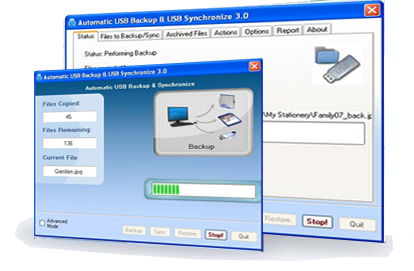

Once it’s loose, you should be able to remove the bottom panel and the screw will stay attached to it. The bottom middle screw won’t come out all the way - this captive Pop-open screw helps lift the bottom cover off the case. Place them in a small bowl or tray so you don’t lose them. Undo all six screws along the back side - three along the top, three along the bottom. Place your Ally face down on a soft surface and grab your small screwdriver. We’ve included photos below, but you can also follow along with our teardown video above. Once you’ve done so, it’s time to see what’s inside. Step two: open your Allyīefore you get to work, discharge your battery to 25% or below and remove any microSD cards that might be in the slot. Open the MyASUS app and check for updates - once the BIOS is updated, you can shut down the device and continue with the steps below. Turn on the Ally using the included SSD, go through the initial Windows setup, and head to the Windows desktop. In addition, you'll want to make sure you're on the latest BIOS to make the process as smooth as possible - particularly if you're swapping out your SSD on day one. There are plenty of drive cloning guides around the web if this is the route you choose to take. If you want to keep all your existing data, you can use an external SSD enclosure to clone your current drive to the new one, but we won’t detail those steps here. Note that we’ll be reinstalling Windows from scratch in this guide, and is the method we recommend for installing a new SSD.
BEST BUY USB BACKUP DRIVE PC
The ROG Ally is compatible with compact 2230 M.2 NVMe drives, which you can get in 1TB or 2TB sizes at your favorite e-tailer or brick-and-mortar PC hardware store.
BEST BUY USB BACKUP DRIVE UPGRADE
But if you have a particularly massive library and like to jump around from game to game, you might want to upgrade your storage even further. With 512GB of storage, the ROG Ally lets you bring plenty of games with you, anywhere you go.


 0 kommentar(er)
0 kommentar(er)
